 Gästbloggare
Gästbloggare
Green EU-phoria, But What’s the Matter with Sweden?
Election days are a special event in my family. Long before I was allowed to vote, I would accompany my parents to the local gym hall to watch them put down their X’s. Late afternoon and evening we would follow the news as the results trickled in. Since then some outside parameters have changed, and I vote in a different country than the rest of my family. But it just so happened that I was in Luxembourg this weekend and took part again in the family traditions. We teamed up to go voting, and my brother worked at one of the polling stations. Afterwards, we sat in the garden, eating cake and celebrating democracy. We followed the preliminary results and voter turnout numbers as they started showing up. Nobody went to bed before the results had been confirmed.
It was an important election, and Europe has had a rough time to say the least: The migration crisis, anti-EU sentiments brewing in many countries, the rise of right-wing parties, the Brexit chaos, the ever-more visible effects of climate change…how times have changed.
The EU was established by societies who feared the past. Now, we fear the future.
Europe-wide, citizens are disillusioned. It is no longer necessarily true that the next generation will be better off, and citizens feel that their needs are not prioritized. There is a mistrust towards the “elites” and the media institutions to tell the truth. And many people, young and old, feel that too little is being done about climate change. Ahead of the elections, poll after poll in all European countries showed that people are feeling insecure about what is to come. This materializes in a loss of EU-phoria and a disregard towards “Brussels”. 400 million people had the chance to make their voice heard, and I was nervous about what was to come. Yesterday’s result showed a Green and Brown wave tear across Europe, breaking the two main centrist political groups’ decade long stronghold.
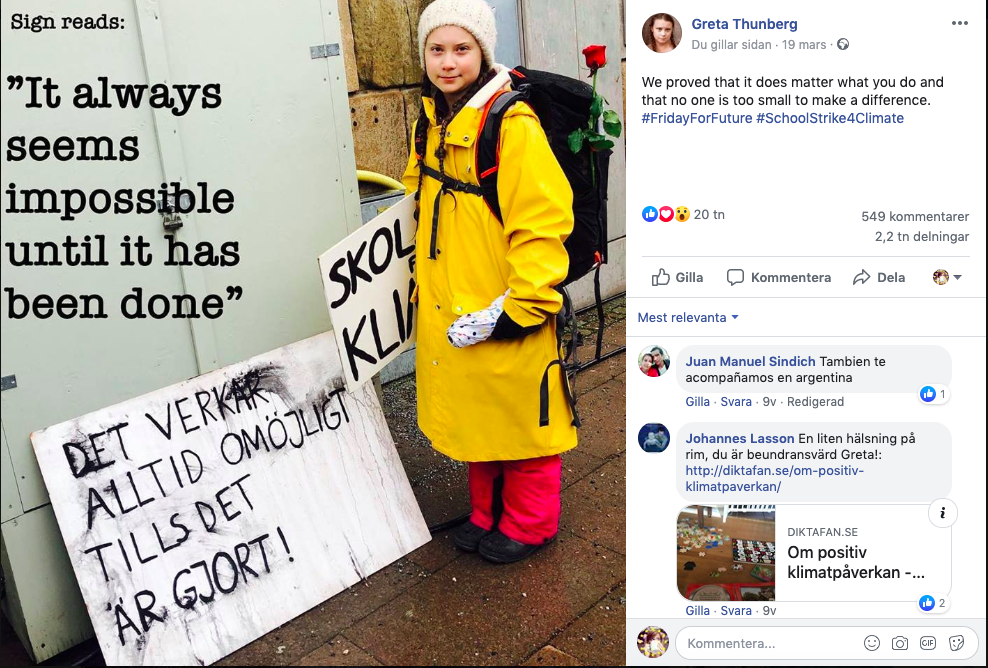
The Greta-Thunberg-effect – everywhere but at home
The Green Parties saw major wins in Germany, France, the Netherlands, Ireland, Belgium, Finland, the UK, and to everyone’s surprise even Portugal. In my native Luxembourg, the party increased with 3,9% to 18,91%. In Sweden, however, they dropped from 4 seats to 2. The country of Greta Thunberg, who has managed to mobilize millions to strike, where Fridays for Future began, does not join the rest of Europe in yesterday’s Green victory.
The saying No one is a prophet in their own land unfortunately seems to ring true.
While I am happy about the Green Wave, as well as the fact that the Brown Wave did not materialize to the extent that many polls had indicated, I am disappointed by the results in Sweden. Is it because the Swedes do not prioritize environmental issues and the climate crisis as much as they claim? The campaign posters would argue otherwise. Biking around Stockholm, you saw most parties campaigning with climate slogans, albeit promoting very different solutions to it.
Perhaps people in Sweden felt that this time, regardless of whom they voted for, it would include a plan for the planet. Green politics are certainly more mainstream in Sweden, and the Greens do not enjoy the same distinctive edge than their fellows on the continent. Compared to the last EU elections, their votes have gone down, but when compared to the national election in September ’18, their votes have almost tripled. So, a Greta-effect nonetheless.
It will be interesting to follow EU politics and how a much more fractured Parliament will fight to move things forward. I hope all new MEPs are skilled negotiators and will keep pushing for a future that prioritises the climate crisis and push for comprehensive solutions. As the latest UN IPCC report showed, we have only 12 years to limit a global catastrophe. It is time to be positive again when we think about the future. I hope, the new Parliament is up for the challenge.
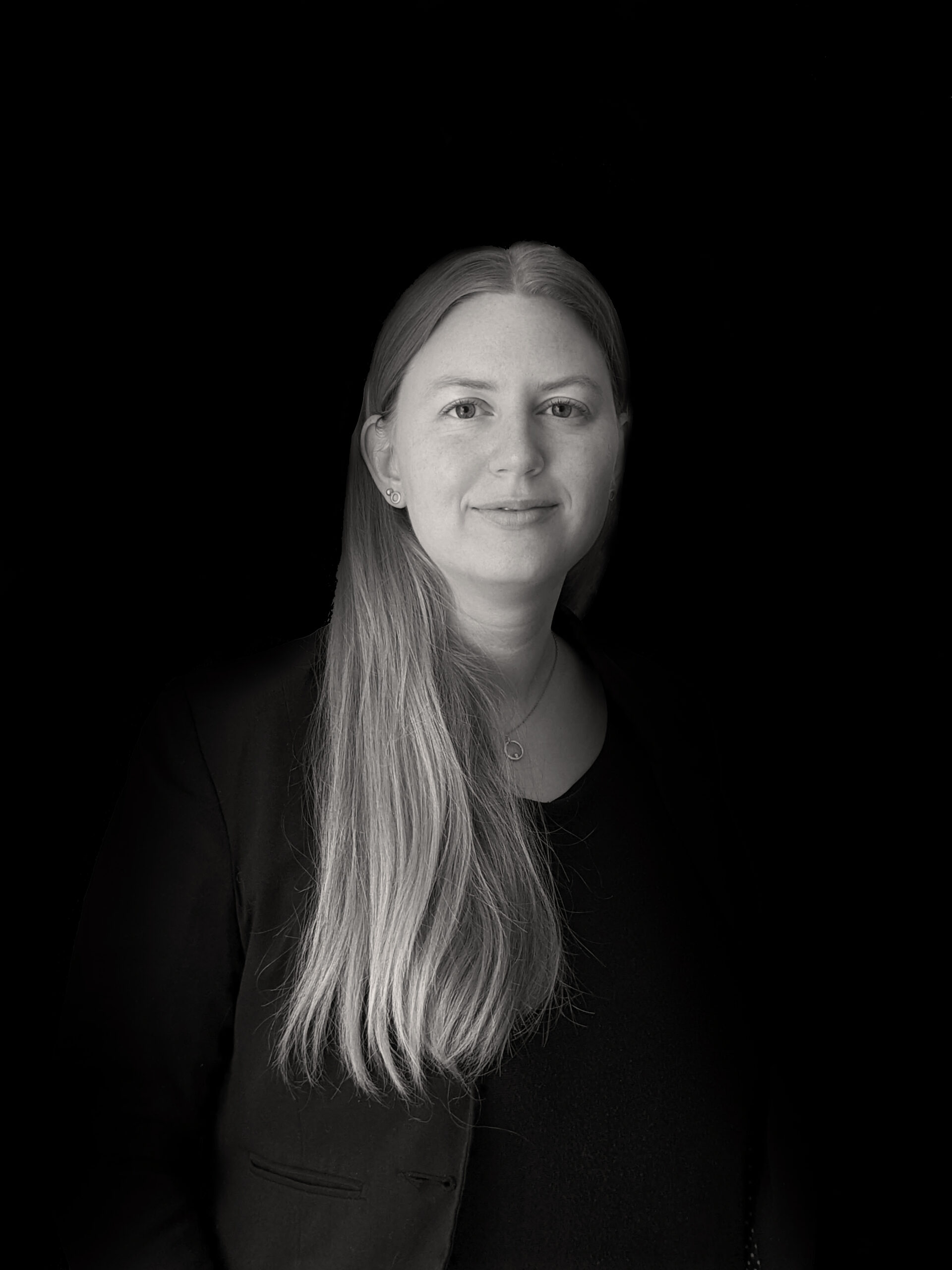
VSME – frivillig hållbarhetsrapportering för små och medelstora företag
Med EU:s nya Omnibus-förslag kan färre företag komma att omfattas av hållbarhetsrapportering enligt CSRD och rapporteringen för våg 2 och 3 skjuts upp på två år. Samtidigt har fortfarande kunder och finansiella aktörer önskemål om att företag ska rapportera om sitt hållbarhetsarbete på ett jämförbart sätt. Det är här som VSME kommer in i bilden.
För små och medelstora företag (SME) med mindre ekonomiska resurser än stora bolag kan rapporteringskraven kännas övermäktiga. Även för de med ett strukturerat hållbarhetsarbete kan det vara svårt att veta var man ska börja när det gäller rapporteringen. Här kan den frivilliga VSME-standarden vara en välkommen hjälp: en förenklad väg in i hållbarhetsrapporteringens värld, utan att tumma på det väsentliga.
En färdig hållbarhetsrapport bör vara ett resultat av det systematiska hållbarhetsarbetet som i sin tur bygger på företagets väsentliga hållbarhetsfrågor. Man kan med andra ord se VSME som en hjälp i att sammanfatta och åskådliggöra sitt hållbarhetsarbete.
Vad är VSME?
VSME står för Voluntary Sustainability Reporting Standard for Small and Medium-sized Enterprises – en frivillig hållbarhetsstandard framtagen av EFRAG, samma organisation som utvecklar de europeiska rapporteringsstandarderna inom CSRD (Corporate Sustainability Reporting Directive).
VSME är anpassad för verkligheten hos mindre företag. Standarden fokuserar på vad som är väsentligt, begripligt och hanterbart – utan att företag ska behöva drunkna i komplexa krav. Små företag ska få ett ramverk som gör det lättare att visa ansvar, arbeta strukturerat och möta krav från kunder, investerare och andra intressenter.
Samtidigt ökar förväntningarna från stora bolag på deras leverantörer och partners. Det gäller även finansiella aktörer, då till exempel finansiering kan bli mer tillgänglig om man har ett aktivt och transparent hållbarhetsarbete. Det betyder att även företag som inte omfattas av lagkrav kan behöva rapportera om sin påverkan på människor och miljö. Standarden syftar därför också till att reglera vilka upplysningar som stora bolag kan kräva av sina leverantörer och partner, för att förhindra att mindre bolag blir överhopade av förfrågningar.
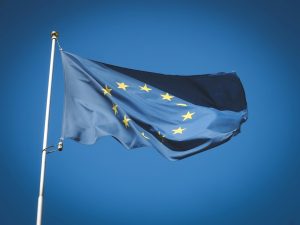
VSME-standarden kan komma att omarbetas i kölvattnet av Omnibus. Foto: Alexey Larionov på Unsplash
Varför är VSME extra aktuell nu?
EU:s Omnibus-förslag, som presenterades i början av 2025, innebär flera justeringar av CSRD och dess tillhörande standarder. Enligt Omnibus-förslaget kommer det utvecklas en frivillig rapporteringsstandard som baseras på VSME-standarden, för de företag som inte omfattas av rapporteringskraven vare sig nu eller på sikt.
VSME-standarden kan vara ett bra verktyg för de som:
- inte kommer att omfattas av CSRD efter att tröskelvärdena eventuellt justeras
- befinner sig längre ned i värdekedjor där större aktörer efterfrågar hållbarhetsdata
- vill börja rapportera hållbarhetsinformation i god tid innan de omfattas av lagkrav
- önskar en bra grund för både förbättringar och extern kommunikation
Det kan alltså finnas både affärsstrategiska och praktiska skäl att börja arbeta med hållbarhetsrapportering och VSME ger en struktur för det arbetet – enkel nog att komma igång med, robust nog att bygga vidare på.
VSME i korthet – så fungerar det
VSME är i sin nuvarande form uppdelad i två moduler för att möta olika behov och förutsättningar: Basic module och Comprehensive module. Hur VSME kommer att se ut i den omarbetade versionen återstår att se.
Precis som andra ESRS-standarder bygger VSME-standarden på principen om dubbel väsentlighet – alltså att företag ska rapportera både om sin påverkan på omvärlden och hur dessa faktorer påverkar företagets finansiella ställning. Med hjälp av VSME-standarden går detta att göra på ett sätt som är anpassat för resurserna hos ett mindre företag.
VSME och Omnibus – våra rekommendationer
Att vänta på att alla Omnibus-förslag så småningom ska landa i beslut och implementeras i svensk lagstiftning kan innebära att företag tappar fart i hållbarhetsarbetet. Därför är vår allmänna rekommendation att inte lägga det systematiska hållbarhetsarbetet åt sidan.
Med ett systematiskt och trovärdigt hållbarhetsarbete är VSME-rapportering inte en börda utan ett enkelt sätt att sammanställa den hållbarhetsinformation som intressenterna efterfrågar.
Vi rekommenderar SME:er att:
- Fokusera på en dubbel väsentlighetsbedömning (DMA) som grund för ett systematiskt hållbarhetsarbete med rätt fokus anpassat till företagets storlek och resurser – vi hjälper gärna till att hitta rätt omfång och process
- Ta reda på vad era intressenter förväntar sig av er i rapporteringsväg
- Börja smått snarare än att inte börja alls – basic module kan vara en lagom start för många
Kontakta oss för att höra hur vi kan hjälpa er att komma igång med VSME eller hållbarhetsrapportering i stort.

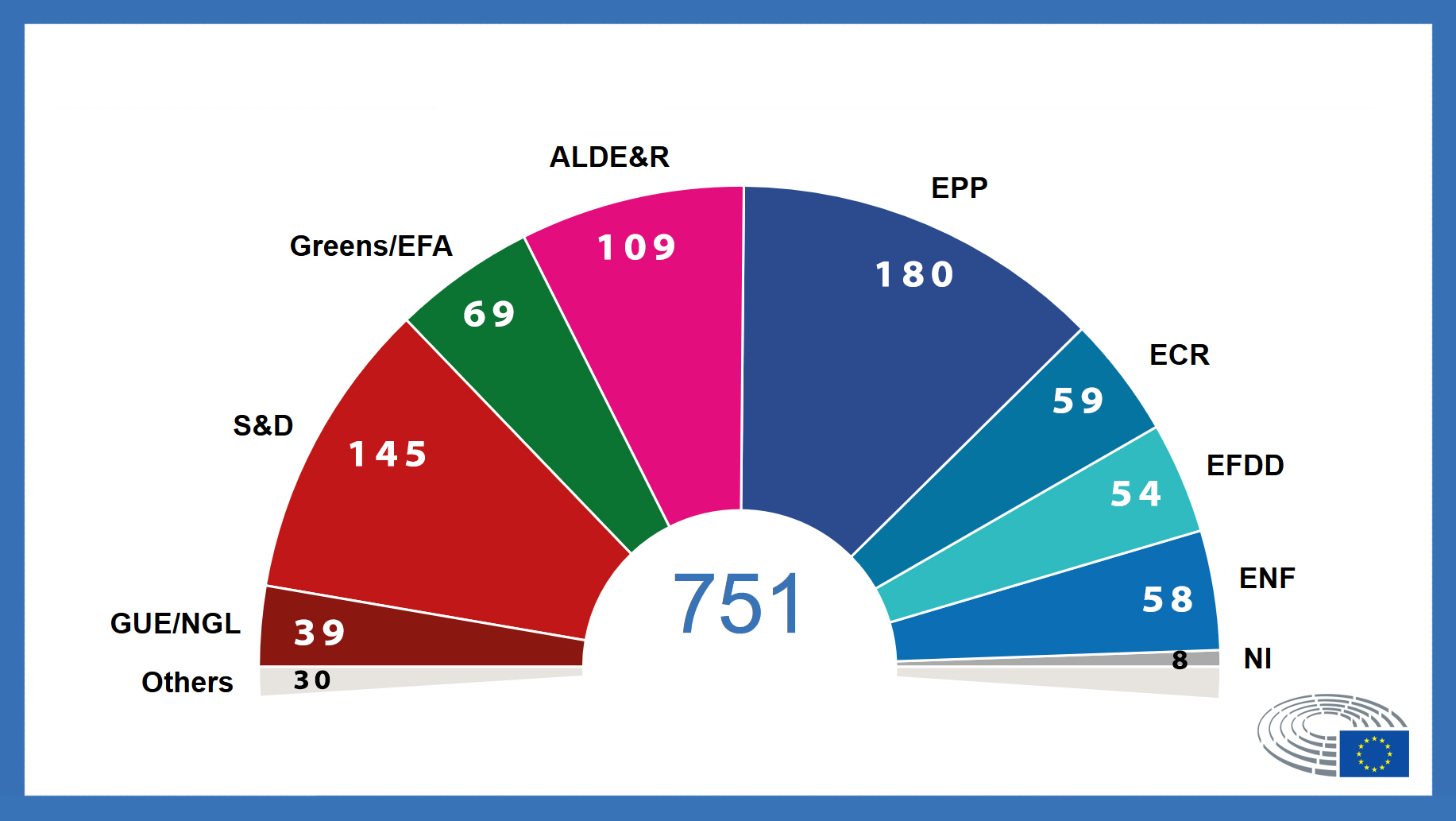

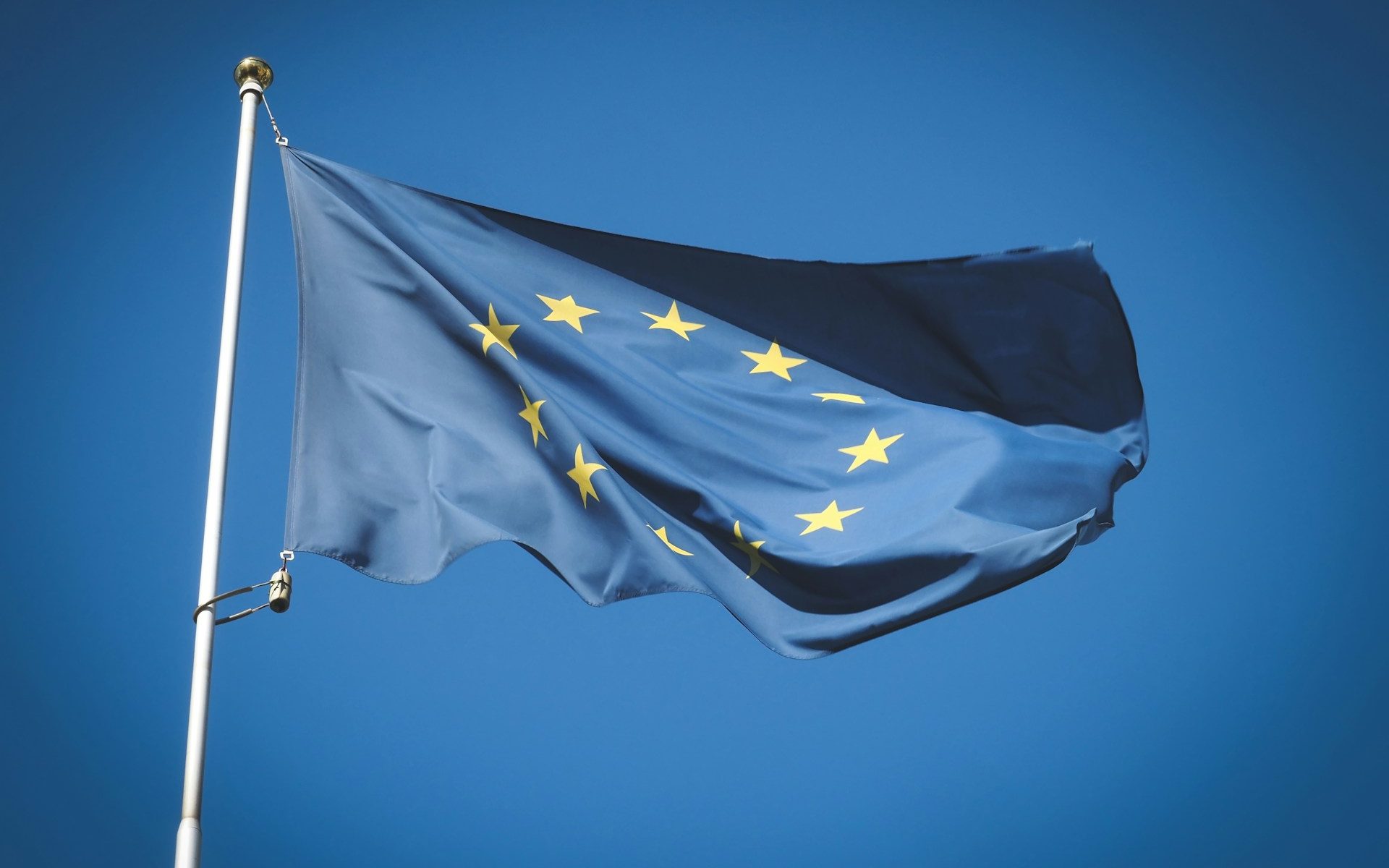
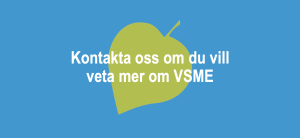
Recent Comments